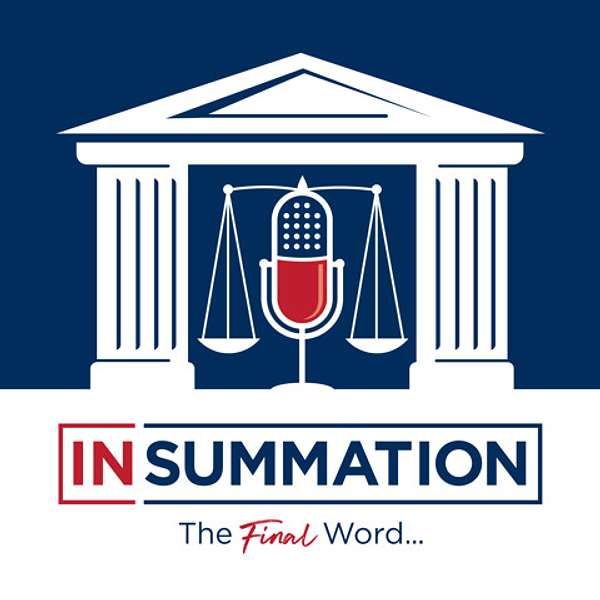
In Summation - The Final Word
In Summation - The Final Word
New York v. Lenny Bruce
In the 1950's and 60's, Lenny Bruce was a transformative figure in the world of comedy. He was hip, brash, unfiltered, and...obscene? His biting social commentary made some people uncomfortable, and many felt that the words he used violated certain laws which regulated speech which may have the tendency to corrupt or degrade morals.
In this episode, Paul breaks down governmental intervention in the realm of free speech. He explains the progression of speech protections over the past several decades, and examines how the attempted regulation of speech has migrated from topic to topic based on the changing mores of society.
The prosecution of Lenny Bruce in many ways draws eerie parallels to attempts to silence opponents today, and it was no less offensive. The idea that a person can be criminally prosecuted and potentially sentenced to jail for making jokes at a venue people have to pay to attend simply because the humor is graphic in nature, or discusses certain taboo topics, is unconscionable.
In today's world, it seems evident that nobody should be arrested for profane comedy. But let's all keep in mind that those same feelings should extend to all other areas of speech as well, and that profanity doesn't lose its protection simply because we no longer find it funny.
Enjoy!